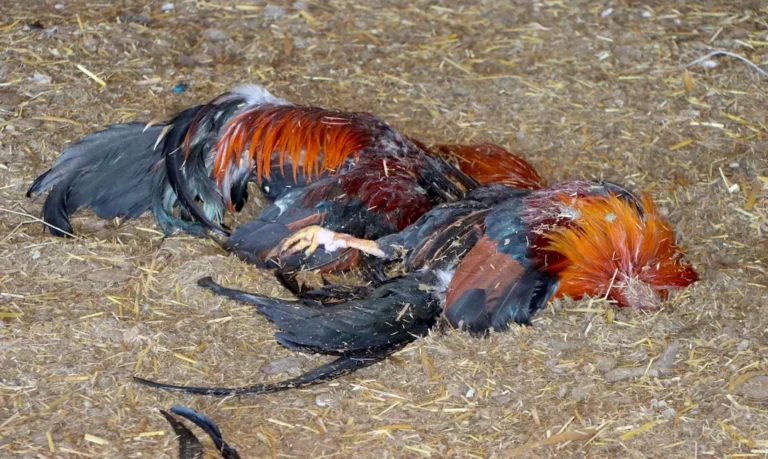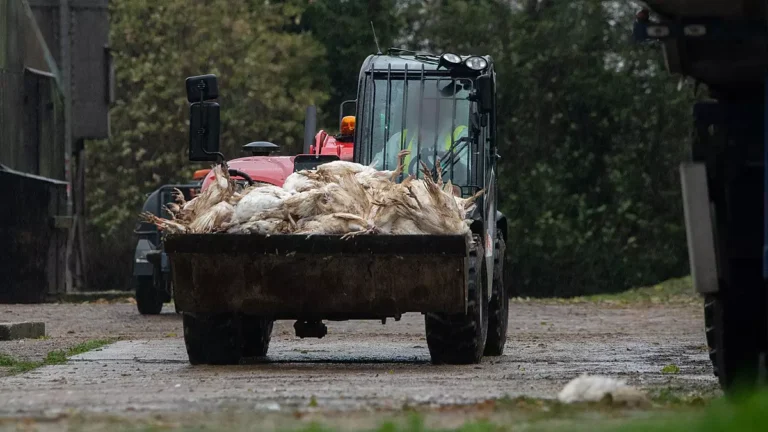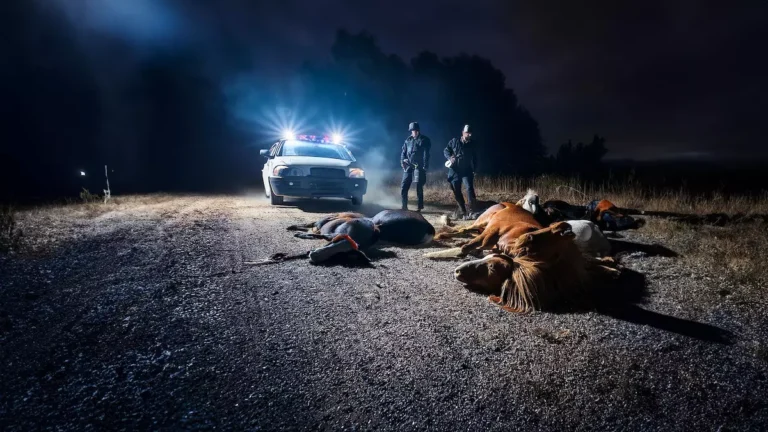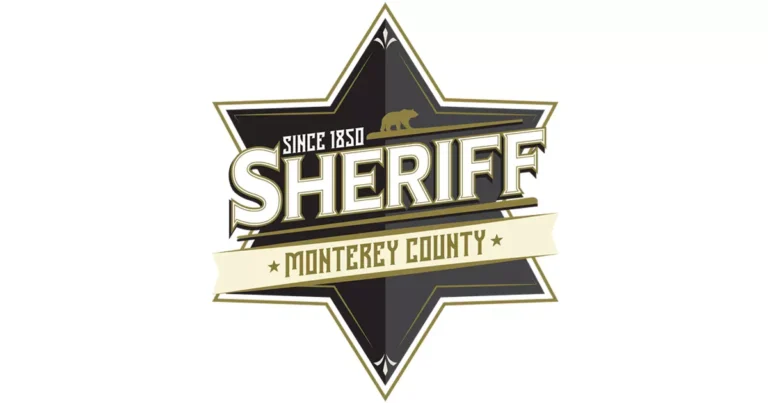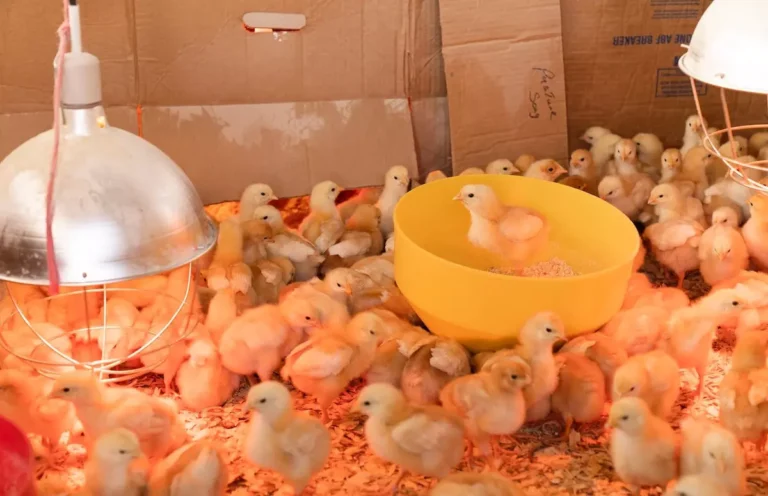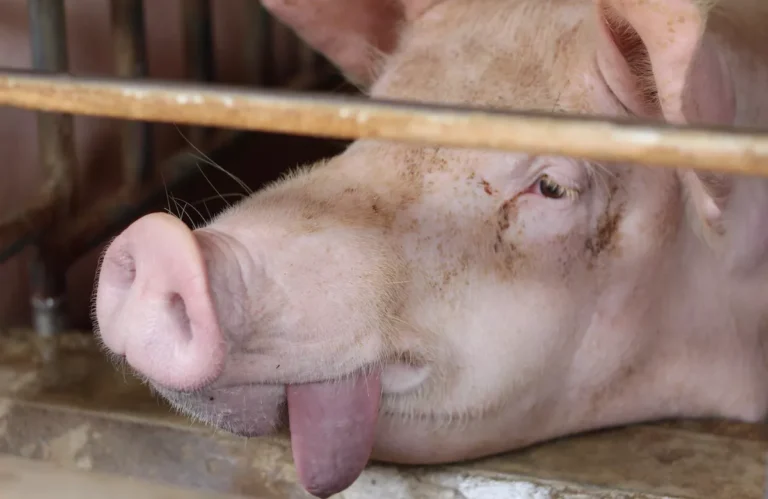California
We strive to advance protections for wildlife and all animals in California


What We Do
California is widely recognized as an animal protection movement leader, setting high animal welfare standards and inspiring other states to follow suit. The state has consistently enacted progressive legislation to safeguard animals, reflecting the values of its residents who prioritize humane treatment. California was the first state to ban the sale of animal-tested cosmetics and prohibit the sale of fur products statewide, setting a powerful precedent for cruelty-free commerce. It also led the nation by passing Proposition 12, which establishes some of the world’s strongest farm animal confinement standards, ensuring more humane living conditions for pigs, hens, and calves.
Additionally, California’s strict regulations on puppy mills and pet store sales promote adoption from shelters and rescues, helping to address pet overpopulation. The state is also at the forefront of protecting wildlife, with comprehensive laws to ban trophy hunting of mountain lions and restrict the use of harmful rodenticides. Through pioneering policies and unwavering advocacy, California continues to be a trailblazer in the animal protection movement, influencing national conversations and inspiring legislative change nationwide.
We strive to advance protections for all animals in California — companion, farmed, and wild. We aim to engage the public in addressing critical animal welfare issues, increasing awareness and fostering collaboration with state officials and stakeholders. To that end, we:
- Connect advocacy organizations and individuals across the state to collectively engage with the California legislature in crafting and supporting landmark animal protection laws.
- Collaborate with state agencies and stakeholders to promote a unified legislative agenda.
Partner with advocacy groups to advance California’s animal welfare legislative goals.
Educate the public about the corporate impacts of animal welfare.
Our State Director
Kayla Capper
Kayla Capper has been a dedicated animal advocate since the age of 11. Her journey began with attending city council meetings and working on campaigns against live animal markets, fur, circuses, animal testing, and live lobster tanks. At 12, she became the volunteer Youth Coordinator for In Defense of Animals and later earned her Bachelor of Arts in Social Sciences.
As senior humane policy volunteer leader with a major animal welfare organization, she managed the Prop 12 campaign in Santa Barbara and Ventura Counties. She also served as the volunteer coordinator at Santa Paula Animal Rescue Center, where she established their humane education program. Her advocacy is primarily focused on legislation and volunteer engagement, and she’s especially passionate about farm animals.
Kayla is a vegan personal chef and distance runner in her spare time. She now lives on her five-acre animal rescue in Ojai, where she shares her home with a vibrant family of dogs, cats, horses, pigs, goats, and chickens.
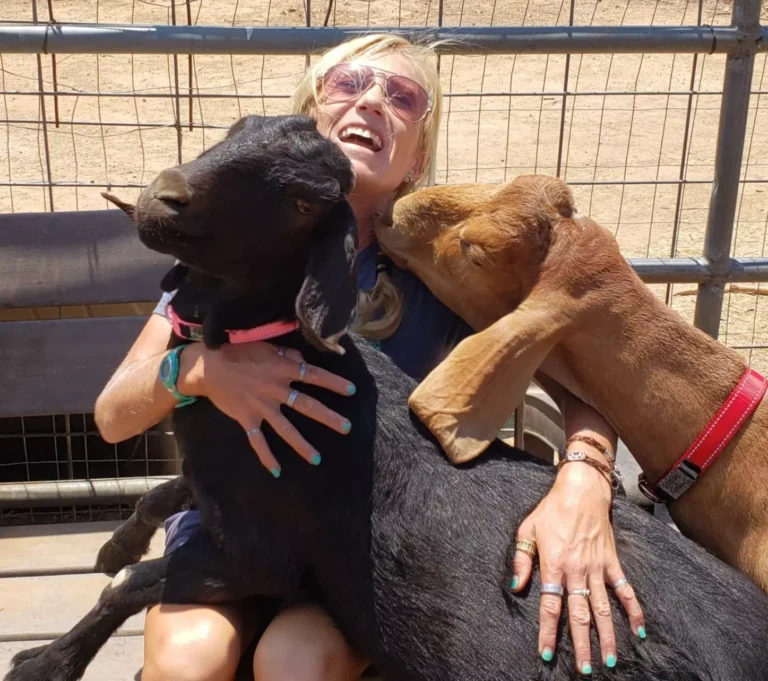
Want to learn more or get involved with Animal Wellness Action in California? Email kcapper@animalwellnessaction.org
RECENT WINS IN CALIFORNIA
In partnership with Social Compassion in Legislation, our advocacy helped usher these bills into law.
SB 221 strengthens protections for stalking victims by making it a crime not only to threaten or harass a person, but also to threaten their pets. Under this new law, anyone who willfully and repeatedly harasses someone and makes a credible threat aimed at a victim’s pet, service animal, or horse can face stalking charges — with significant jail time and fines.
AB 478, also known as the FOUND Act (Friends of Oreo Uniting During Disasters), requires cities and counties to incorporate pet‐rescue and reunification procedures among their emergency plans, establish hotlines and policies that allow residents or qualified rescuers to retrieve animals from evacuation zones under supervision, mandate public resources (like online portals) to help pet owners during disasters, and extend the minimum holding period for rescued pets before adoption, transfer, or euthanasia to ensure owners have sufficient time to reclaim them.
AB 506 aims to crack down on deceptive pet‐broker practices by regulating contracts for dog and cat sales. Starting January 1, 2026, any contract brokered for the sale of a dog or cat to a California buyer that requires a nonrefundable deposit or fails to disclose the animal’s original source (such as breeder information) will be void as against public policy. It also mandates that sellers refund any money received within 30 days of receiving notice of the contract’s invalidity, allows courts to enjoin violating contracts, grants civil remedies (including attorneys’ fees) to harmed buyers, and authorizes public enforcement by the attorney general or local prosecutors.
AB 867 prohibits nontherapeutic declawing of cats in California by making any procedure that amputates claws or severs tendons legal only when medically necessary for the cat’s health. Under the law, veterinarians who perform declawing for cosmetic or convenience reasons may face disciplinary action, including license revocation or fines, while the statute preserves local declawing bans adopted before January 1, 2026.
Pending Legislation
AB 347 — The CLASS (Compassionate Advancements in Science Studies) Act
This bill aims to modernize science education in California by requiring teachers to inform students in writing of their right to choose non-animal alternatives for dissection. It also mandates transparency about the sourcing and environmental impacts of dissection upon request. AB 347 promotes more inclusive, trauma-informed classrooms while preventing the unnecessary deaths of millions of animals each year. Dissection is costly, exposes students and educators to carcinogenic chemicals, and negatively impacts the environment. In the U.S., an estimated 10 million animals are killed annually for dissection, including wild-caught frogs (disrupting ecosystems), fetal piglets taken from their mothers, and cats who may be lost pets. Many other animals are cruelly drowned or suffocated for this practice.
AB 631 — The Animal Shelter and Rescue Data Collection Act
Initiated by Social Compassion in Legislation (SCIL), this bill would require all animal shelters and rescues in California to publicly post intake and outcome data on their website or a third-party platform for at least five years. Since nearly all municipal shelters transfer animals to rescues, access to this data is crucial for understanding the pet overpopulation crisis. Greater transparency would provide policymakers with a clearer picture of the issue and lead to more strategic allocation of resources. Currently, California cities and counties spend over $400 million annually to operate animal shelters, primarily funded by the state’s general fund. Improved data collection and public access would help reduce inefficiencies, prevent overlap, and highlight the vital role private rescues play in supporting municipal shelters.
AB 793 — Burden of Proof for Potentially Dangerous and Vicious Dogs
This bill seeks to ensure a fair and evidence-based process in determining whether a dog is classified as “vicious.” It would require courts or other adjudicating bodies to establish a dog’s classification through clear and convincing evidence, rather than lower standards of proof. This change would help prevent unjust designations and ensure that decisions are based on substantial and reliable evidence.

